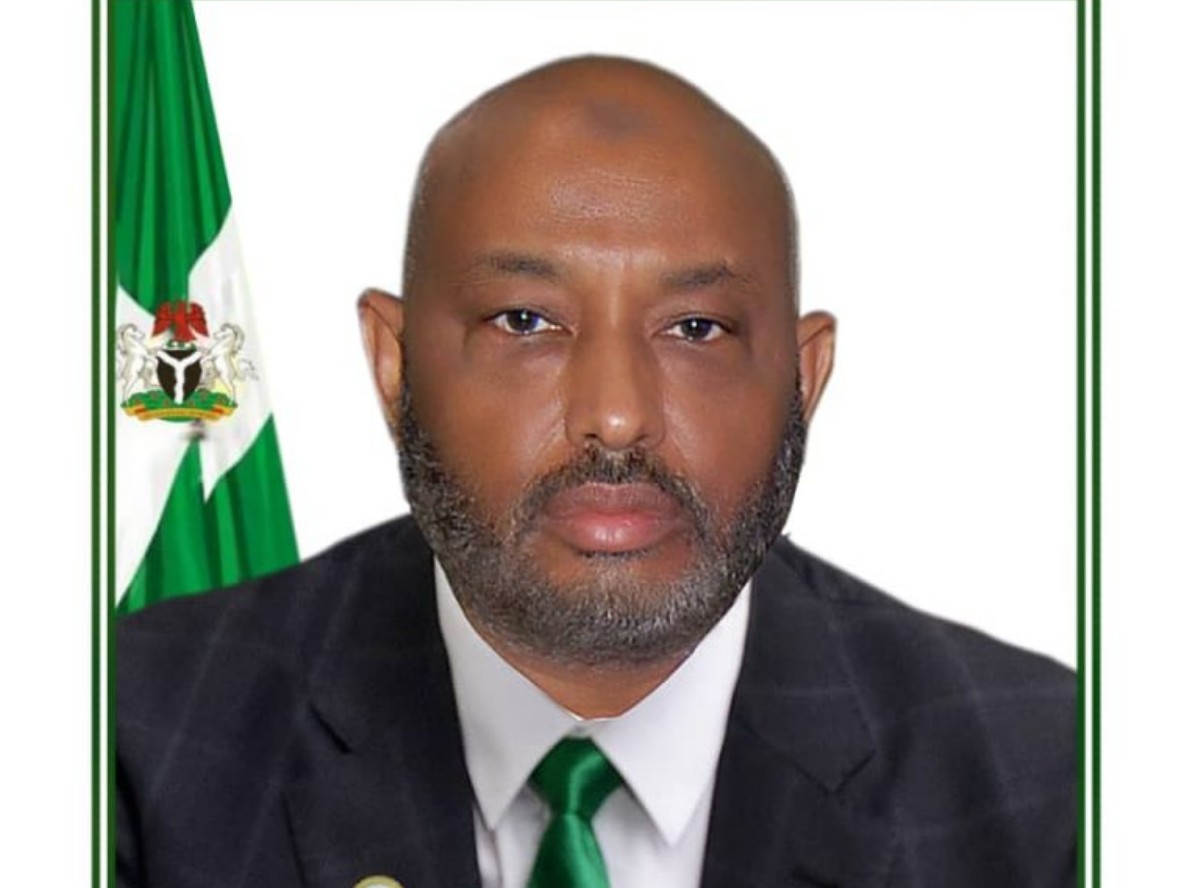The Standards Organisation of Nigeria (SON) has urged the National Assembly to support its quest to establish more laboratories in the country to expand its testing capacity.
Malam Farouk Salim, the Director-General, SON, made the appeal on Thursday in Lagos, on the second day of a facility tour and oversight function by some federal lawmakers visiting the agency.
Salim said the call for more laboratories became pertinent to enable the SON perform its function maximally, stressing that the agency was inundated with so many goods to certify, monitor and test.
He said that the function could not be overemphasised at a time when the the Africa Continental Free Trade Area (AfCFTA) was in full force.
Salim said that presently, Nigerian industries were disadvantaged in exporting, following the agency’s inadequate capacity to test, monitor and certify local products.
He said that developing the nation’s testing capacity would address unscrupulous elements who would want to use the trade pact to make Nigeria a dumping ground.
“It is a great pleasure to welcome you to the only laboratory in the country that serves about 200 million people.
“The significance of your presence is the fact that you would see for yourself the amount of work we are doing and the amount of work we need to do in the future to make this country safer, to make our industries competitive.
“Our work will also protect our people from substandard goods, gas explosion and building collapse.
“In that light, we have signed lots of Memorandums of Understanding (MoUs) with state governors to help Small and Medium Enterprises (SMEs) package, label and manufacture their products and get certification for exports.
“We have potential to do even more and we have lots of responsibilities, but little tools to work with,” he said.
Salim said that the SON would increase its collaboration with the Department of Petroleum Resources (DPR) especially in the nation’s oil and gas sector.
He said that the Standards body had recently launched a more secured certification process to address issues of faking and forging of its certificate.
“We are taking the gospel of standardisation to every part of the country, and most of the governors that the agency has been privileged to meet have been welcoming.
“They also restated their commitment to work with the SON by way of providing lands for the establishment of State offices and laboratories,” he said.
In his remark, Mr Dolapo Badru, Chairman of the House Committee on Industry, maintained that the absence of SON at the ports was responsible for the nation becoming a dumping ground for substandard goods.
Badru said that the Nigerian Customs Service (NCS) was doing a good job, but did not have the capacity to test and ascertain the quality of goods at the entry point.
He said the standards body’s physical examination of imported goods at the ports remained one sure way to address the influx of substandard goods into the country.
“We are very resolute in our efforts to make sure that issues hindering the agency’s operations are addressed, because day in and out, we record lots of deaths from substandard products and several thousands of unreported cases of avoidable deaths.
“It is unthinkable that substandard iron rods, tyres, gas cylinders, generators and so many other things are being imported into the country, and yet SON is being prevented from operating at the ports,” Badru said.
He reaffirmed his committee’s commitment to returning the SON to the ports as soon as possible.
“It is in the Act that sets up SON to be at the ports. We will on our own start up this process again and this time we will involve the leadership of the National Assembly.
“We are going to collaborate with the executive arm of government to look at the consequences of SON operating outside the ports,” he said.















